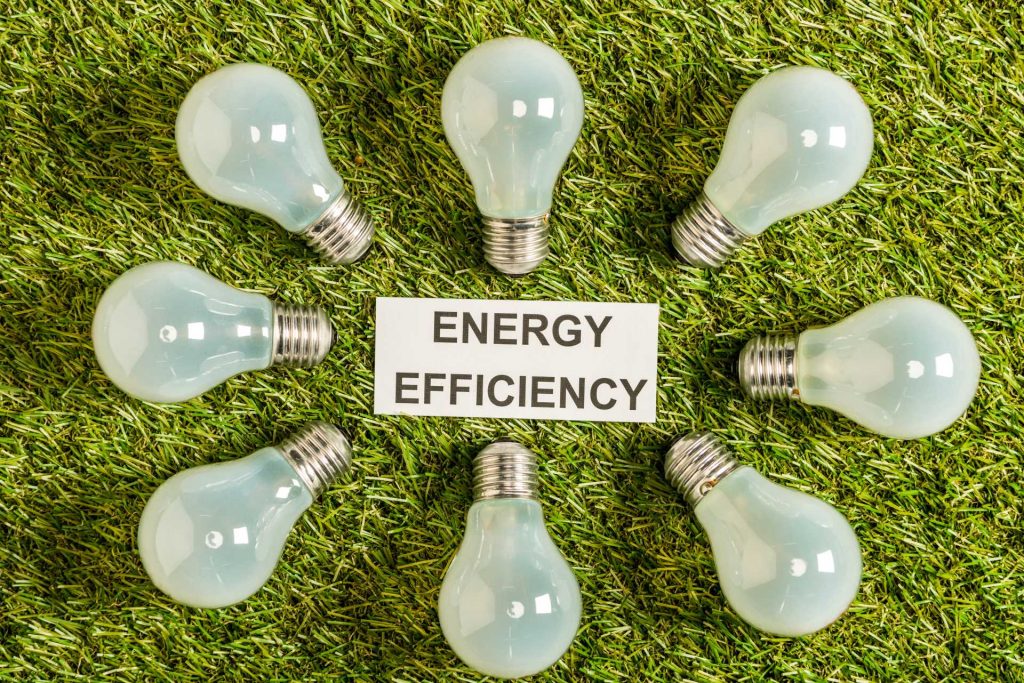For any business organisation, maintaining compliance with energy efficiency laws is vital. A precise framework for enhancing the energy efficiency of buildings in the United Kingdom is outlined in the Minimum Energy Efficiency Standards (MEES).
Following MEES is a legal requirement for property owners and commercial businesses. Moreover, it’s a chance to save energy expenses and improve the sustainability of your business. With Gio Property Solutions, you can conduct energy audits to receive Energy Performance Certificates (EPC) in compliance with new energy efficiency standards.
This blog will help you understand everything you need to know about MEES enforcement. You can now ensure that your company complies with these crucial requirements and contributes to a greener future, all while enjoying the advantages of a more energy-efficient business.
What Are the Commercial MEES?
The Minimum Energy Efficiency Standards, also known as MEES, were regulations introduced by the UK government in 2015. The requirements set a minimum acceptable level of energy efficiency and apply to domestic and commercial properties in England and Wales.
According to some key updates introduced in 2023, property owners can no longer lease properties with an EPC (Energy Performance Certificate) rating lower than E unless they have registered an exemption.
This requirement means that properties with the lowest ratings of F or G are essentially off-limits for new leases unless they undergo significant energy efficiency improvements.
Older buildings tend to be less energy efficient and are significant contributors to carbon emissions and global warming. By focusing on these and other less energy-efficient properties, MEES is helping push the UK closer to net zero emission targets.
A staggering 18% of commercial properties in the UK currently hold EPC ratings of F or G. While newer buildings are typically constructed to meet the latest energy standards, the older properties need attention. MEES regulations are designed to bridge this gap, ensuring these properties are brought up to par.
Following proper energy efficiency standards ultimately results in reduced utility costs, increased property values, and a more sustainable environment for everyone.
How Does the Commercial MEES Exemption Register Work?
While understanding the Minimum Energy Efficiency Standards for a commercial property, it’s also important to learn the nuances of exemptions that can make or break your leasing strategy.
Types of Exemptions
Energy Improvement Works: If you’ve already implemented recommended energy improvements and the property still falls short of the required rating, you may qualify for an exemption.
Financial Viability: The improvements recommended don’t pay for themselves within a reasonable seven-year period. MEES regulations feature a detailed formula to determine this.
Third-Party Consent: Despite reasonable efforts, you haven’t obtained the necessary consent from parties such as tenants, landlords, mortgagees, or local planning authorities.
Negative Impact on Property: A qualified independent surveyor’s report indicates that making energy improvements would devalue the property by more than 5%, or specific improvements like wall insulation could harm the property’s structure.
Registering an Exemption
To benefit from these exemptions, commercial property owners must register them on a central online register. Each exemption from energy efficiency standards lasts five years and is specific to the landlord. Should the property change owners, the new owner must apply for a fresh exemption to continue letting under MEES regulations.
Temporary Exemptions
In some cases, temporary exemptions provide a six-month grace period. This temporary reprieve is often granted in situations where a new lease has been acquired, renewed under the Landlord and Tenant Act 1954, or due to contractual obligations like an agreement for lease.
While temporary exemptions offer breathing space, they’re not a permanent solution. Landlords must either implement required energy improvements or transition to a full exemption once the temporary period expires.
Government Guidance vs. Regulations
Government guidance outlines certain nuances regarding energy efficiency standards. For example, the impact of tenant assignments on exemptions isn’t legally binding under MEES regulations. A clear understanding and compliance with the regulatory framework help landlords effectively meet MEES exemptions.
MEES enforcement is designed to balance environmental responsibility with practical business realities. By understanding these exemptions, landlords can comply with regulations and sustainably manage their commercial properties.
How Can Gio Help You Conform to Commercial MEES?
At Gio Property Solutions, we understand that meeting minimum energy efficiency standards for commercial property is vital. In addition to compliance, we have experience working with property managers and landlords to develop long-term, sustainable solutions that increase profitability.
We provide thorough evaluations to ascertain your property’s energy performance and find areas needing improvement. We can also help you streamline the process by conducting energy audits, suggesting affordable upgrades, and helping you meet new energy efficiency standards.
Let us help you with prompt energy performance certificate (EPC) tests and assessments. If you’re thinking about renewing your EPC, get in touch with us right now!
Additionally, we offer air tightness testing and retrofit assessment and coordination for both commercial and residential sites.
Contact us today to learn more about our services!


